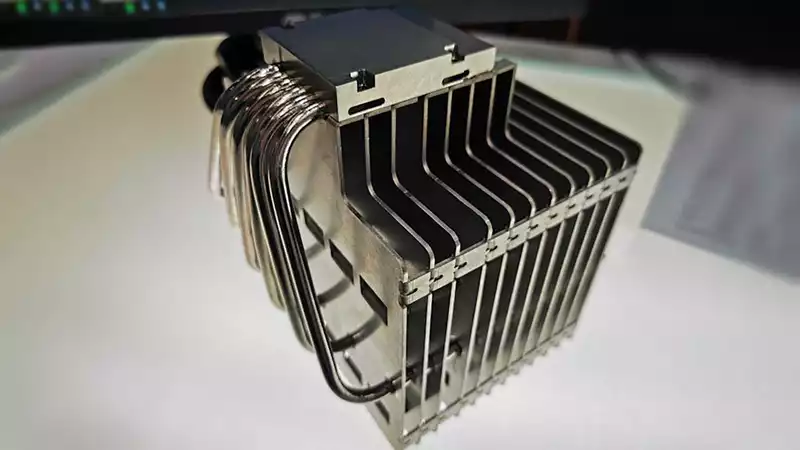At last year's Computex, Noctua showed off a prototype of a giant CPU heatsink built for passive cooling (no fan attached). The original plan was for the cooler to be released this year, but Noctua's latest product roadmap (via FanlessTech) calls for it to be released in the first quarter of 2021 instead.
The reason for the delay is not clear, but at least it is not being scrapped entirely. There is no guarantee anywhere that the prototype product shown off at the trade event will see the light of day, and this beast of a cooler really needs to be released.
I am very curious to see how the finished product will perform on high-end CPUs, including Intel's Comet Lake processors; at Computex, Noctua brought the cold to CPU loads up to 120W in a fanless case with "good natural convection." He stated that this can be done. If this is packed into a case equipped with a silent fan for active airflow (or with a fan directly attached to the cooler), this figure can be raised to 180W.
To put these numbers in perspective, the Intel Core i9 10700K has a TDP of 125W and the 9900K has a TDP of 95W.
At the time this cooler debuted as a prototype, Comet Lake was not available. Instead, Noctua demonstrated this large and heavy (about 1.5 kg) cooler on top of a 9900K on an Asus Prime Z390-A motherboard, and according to our friends at Anandtech, running Prime95 in "warm Taiwanese weather," the CPU temperature hovered around 94°C at full load. This temperature is definitely higher than many of the best CPU coolers available today, and is the price to pay for quiet operation.
This is a bit on the high side, but not too dismal considering the combination of a top-class CPU and a completely passive cooling solution.
I would think that maintaining temperatures on a higher end Comet Lake CPU would be a tough ask, at least if it doesn't come with a fan. However, this is based on what was shown and demonstrated at Computex, and it is quite possible that the delay is for even greater and higher performance.


Comments